|
Govindaraju NS General Manager- Human Resources Kern-Liebers (India) Pvt. Ltd, Antharasanahalli, Tumkur Indian economy went through very important changes in the last two decades which includes globalisation, liberalisation, free trade policy and the recent ones are demonetisation and Goods and Service Tax (GST). These developments have led to the inflow of foreign investment and ease of doing business in India. Start-ups are given much importance and encouraged. Many of the public undertakings have been disinvested. Moreover, important changes have been brought in the labour laws and some more on the way…
Achieving and sustaining better Industrial relations is one such important task of the HR Leader which is very sensitive, difficult and highly challenging. We have experienced that many industries have faced serious challenges and problems and many have closed down their sheds due to industrial unrest and ineffective management of unions and industrial relations. Sometimes the companies are direct reasons and in sometimes the unions are the direct cause for these developments. This is the negative side of it but let us look at the positive side. There are many examples where the industries have flourished and continued their existence even with thepresence of strong union activities in the industry. The professional approach and leadership of management and unions, balancing rights and needs of both the parties and many other factors have contributed for the co-existence and development. On this front, the role played by HR leader and his team, his professionalism, ability to lead and educate, maturity, capability of understanding and balancing, business sense and many other factors plays an important role. In my two decades’ of experience, I have spent at least a decade working with industries which have a strong union presence and experienced how achievingbetter industrial relations and harmony can be a success factor for HR Leader. My experience has also taught me what actions, approach, behaviour and skills of HR Leader can lead to better industrial relations and harmony in the industry. Before we get into what approach, strategies, guidelines and techniques lead to better industrial relations, it is important that Human Resource professionals need to be essentially aware of certain basic information, concepts, principles and legal provisions. Let us call this as ‘basics’. The in-depth understanding of these factors can lead towards desired, conducive and better industrial relations. Let us look at these basics now… 1. Why union gets formed? I tried to find the reasons for the formation of union in the industries where I worked so far and made an investigation and interviewed few union and management leaders. The reasons I found are …. There are three major reasons which I found largely triggered the workers to get united and form unions. They are exploitation, discrimination and a strong influence from the neighbouring company union. 2. Stages of Union development in the Industry. The quality of management leadership, approach towards workers and union, what reasons and at what stage of the company unions have been formed, age of the company and workers, maturity, literacy and education of union leaders both internal and external, location of the industry, professional approach of HR Leader and his/her abilities and many more factors decide the nature of union development in the industry. They take their shape and develop approach based on these factors. Using the knowledge of union development stages, the positive union development can be moderated properly. Lack of knowledge, experience, caution and foresight on this can impair or delay the desiredand beneficial development of unions or make it impossible in some cases. The extent of positivity of above factors decide the positive development of unions in the industry. The duration at each development stage depends on the above factors and proper moderation of the union development. The development stages can be shown as below in general. 3. Types of Unions. One can classify the unions into many types considering their thoughts and experience. However, depending on the reasons for union formation, location of the industry, management approach, education level of the workmen and leadership styles, the development of union takes its shape. This can lead to different types and styles of union. In my experience and thoughts they can be divided into the following types. Progressive union is an ideal union desired by every organisation. If the company makes constant efforts to create this type of union and succeeds, it can achieve progress by balancing the rights and expectation of both the parties. Existence and continuation of militant union can spoil the industry and can cause harm to both the parties and even lead to closure of the organisation. Both vulnerableunion and ineffective union may be good for the organisation in the short run but can definitely cause more trouble in the long run. 4. Expectations Vs Expectations. Management and workers have their own expectations, demands and needs. They travel in opposite directions as the objectives of each party are different. The objective of the company is to create wealth by constant increase of profits whereas the objective of the union is to improve the living standards of their members by increasing their wages and benefits. Striking a balance between these two ends is a real challenge. I will stop now on this topic as there is a need to repeat the nature and list of these expectations while discussing about the strategies and techniques later in the article. 5. Must know legal provisions for better Industrial relations. The knowledge of all labour law provisions is very important for HR Leaders to achieve and manage better industrial relations. More specifically, HR leaders must have the complete knowledge of Industrial Dispute Act 1947& Rules, Trade Union Act 1926 and Rules and Industrial employment (Standing Orders) Act 1946 and Rules. There are few provisions which are very important and HR Leader must know without fail. They are - I have listed only a few important provisions not getting into the details of the provisions considering the readers interest and fear of exceeding the pages. HR Leader and people involved in union relations must know every labour law applicable to their industry. I have been interacting and working with many external union leaders who have not studied much but are highly learned and fully aware of the legislative provisions related to labour and employment. This ability of external union leaders may put the industry in trouble. Hence, according to me HR Leaders should know more than anyone who are in the field. 6. Pressure tactics of union and workers. How can these pressure tactics affect Industry? Workers and union adopt and practice many tactics to achieve their objectives and to show the power of their collective bargaining. It is not always possible to avoid these things considering the limitations and business conditions of the industry. Understanding these tactics and effects of such tactics on the company business helps the company and management to be prepared with adequate measures to safeguard the interest of the organisation when such tactics are adopted by the union and workers. It is the task of the HR Leader to sensitise the management leadership and guide them to be prepared with contingency measures. The preparedness of the management depends on the top management leaders acceptability and understanding of reality and a little exposure on these eventualities. Many of the pressure tactics of union and workers can be listed as below. The sustainability of the parties during escalation depends on how well they are prepared and equipped and also financial tolerance. Existence of good leadership in management and union, honesty/integrity and maturity of the leaders can avoid any damage and inconvenience to both the parties.
We have discussed few points which can support in achieving the better industrial relations. We also need to be aware and implement certain practices, strategies and techniques which can lead to achievement of better industrial relations and harmony in the industry.I will discuss these dynamics in the second part. Author’s Declaration I have written this article entirely based on my experience, thoughts and intelligence. I have not referred to any books or internet while preparing this article. The graphs and pictures are all my original thoughts. The pictures are sketched by my family members based on my ideas. Resemblance, if any, found in any books or internet publications, it can only be co-incidence. The legal provisions have been taken from the relevant statutes.
0 Comments
Leave a Reply. |
Categories
All
Archives
May 2024
Human Resource Kannada Conference50,000 HR PROFESSIONALS ARE CONNECTED THROUGH OUR NIRATHANKA HR GROUPS.
YOU CAN ALSO JOIN AND PARTICIPATE IN OUR GROUP DISCUSSIONS. |
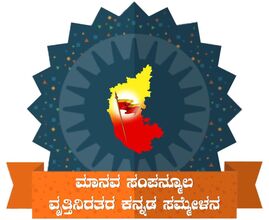

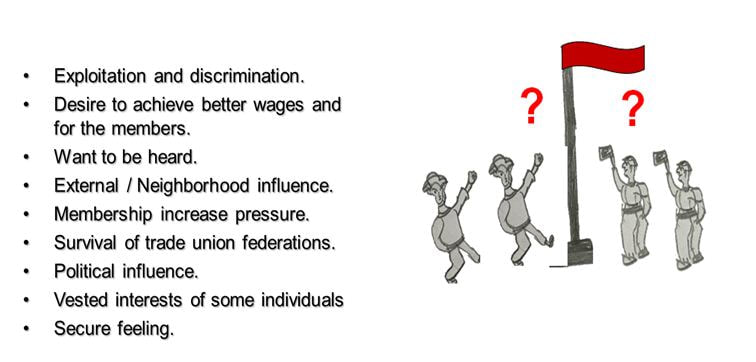
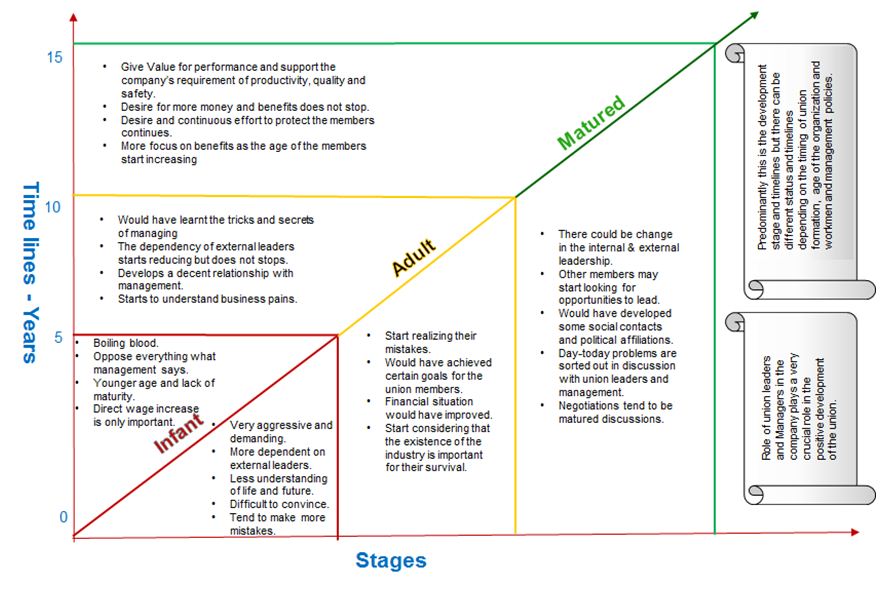

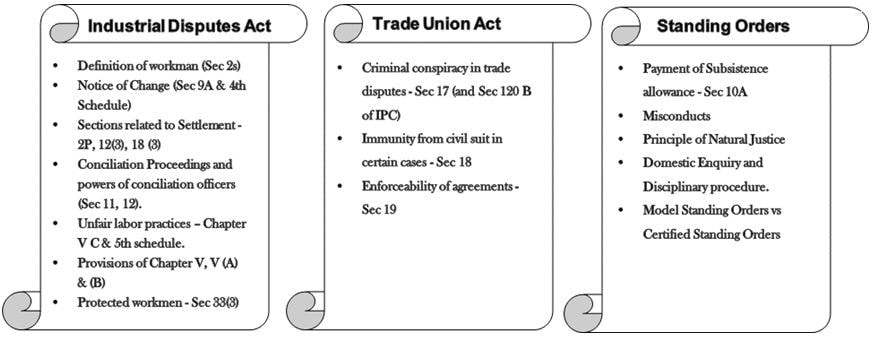
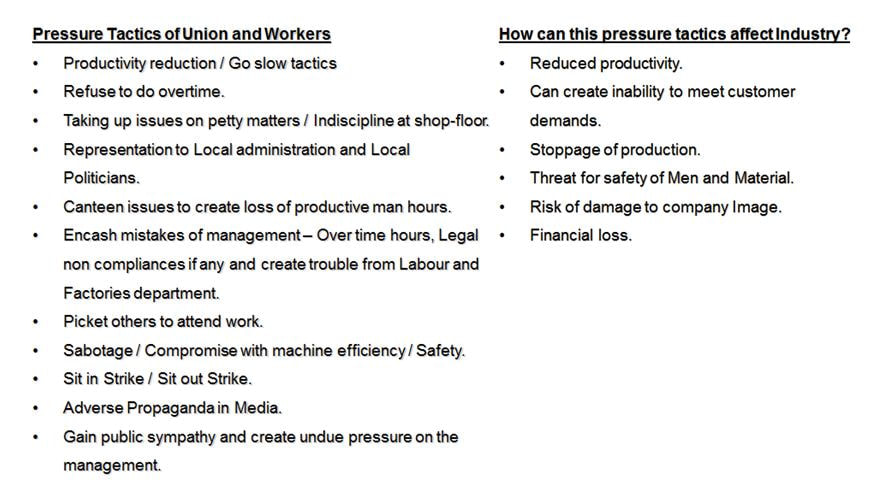
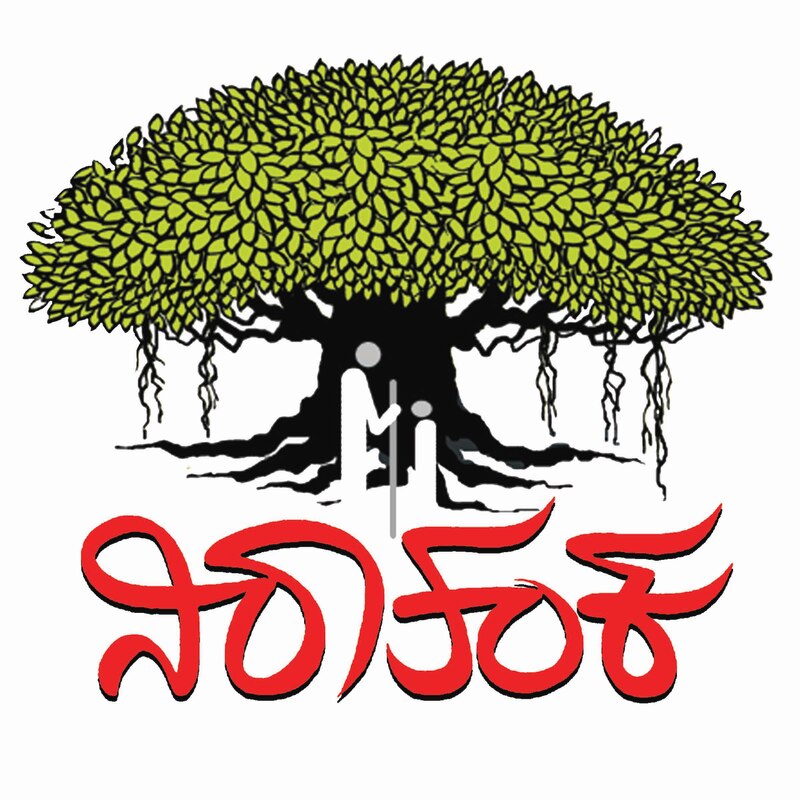





 RSS Feed
RSS Feed
